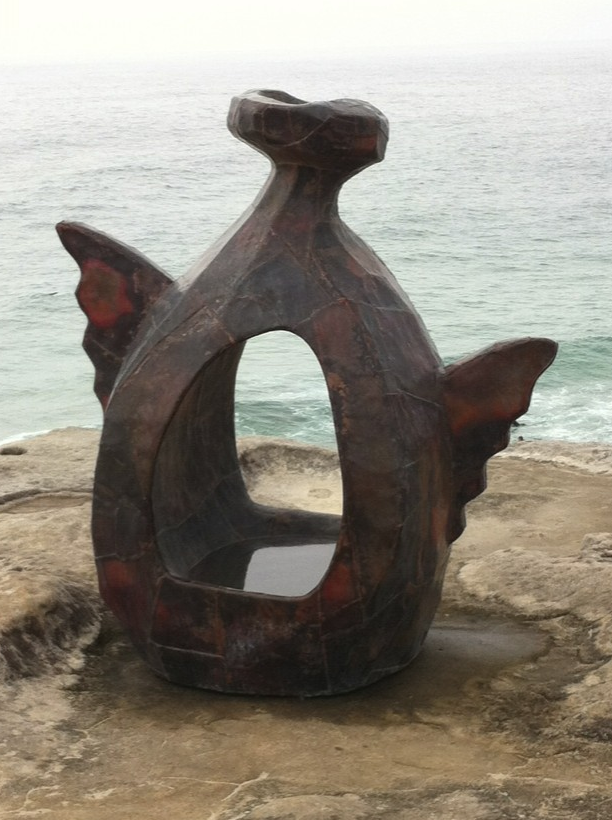In this article amongst others, Theo Hobson argues that theological liberalism is made up of two streams of thought, which have often been intertwined in the past, but can and should be considered separately. The 'good' form of liberalism is "that which affirms a deep affinity between the gospel and political and cultural liberty." Whereas the 'bad' form of liberalism is "that which seeks to reform Christianity in the direction of rationalism and optimism about natural human capacities." Hobson wishes to affirm the former and reject the latter.
Unfortunately this approach seems to me to be actually gutting theological liberalism of its theology and simply affirming a kind of political liberalism with an added handwave along the lines of "...and this fits well with the gospel." My own critique of this approach is that it is doing precisely what Hobson claims to decry, by putting on a pedestal a particular set of secular, political (humanist) values and then baptising them as somehow Christian.
For myself (and in brief), I much prefer the kind of critique of liberal theology which draws from a post-modern mindset. I'd want to recognise one the one hand that in the main, the fundamental epistemological and ontological commitments of theological liberalism are a helpful evolution from the pre-modern philosophical underpinnings of some other streams of theology. But, on the the hand, liberal theology has clearly and dismally failed as a theological description, its pale "lowest common denominator" accounts of the world ("sea of faith" anyone?) losing all the power and transformative vitality of the Christian story in its specificity.
I guess in the end Hobson and I agree upon the need for a reformation or renegotiation of the liberal theological project. But my own view is that there is far more to value in liberal theology than simply its blessing of an enlightenment liberal political ecology.
